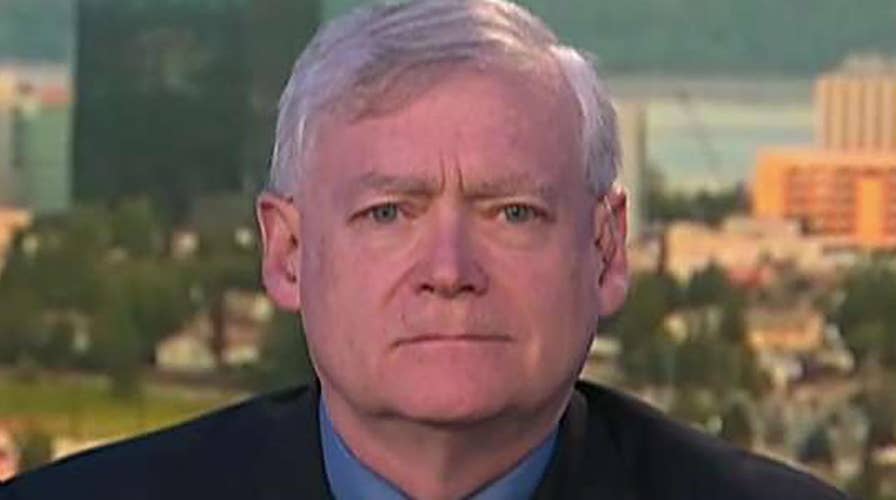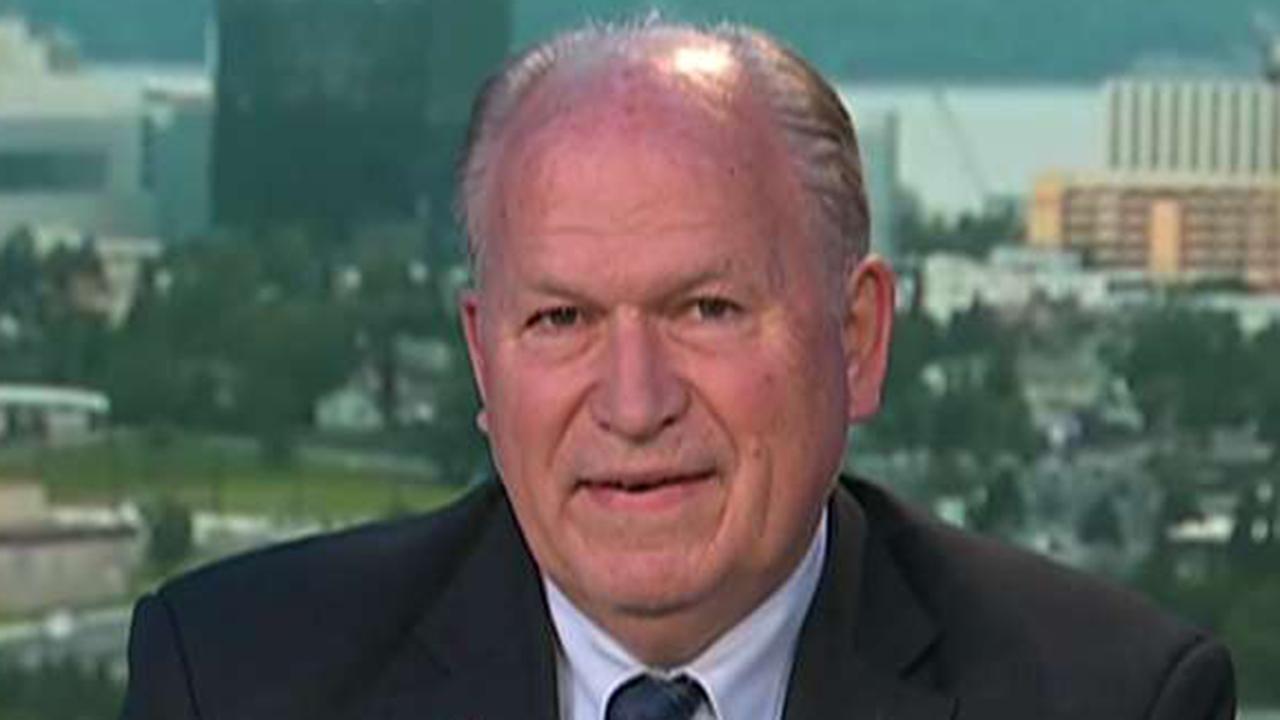Republicans hoping for big win in Alaska's race for governor
Former Alaska lieutenant governor and GOP gubernatorial candidate Mead Treadwell discusses his candidacy ahead of Alaska's primary election.
Alaskans are set to see a three-way race for governor in November. But first, Republicans will have to decide on their candidate in the Aug. 21 primary.
Incumbent Gov. Bill Walker, an independent, is running for re-election. And Democrat Mark Begich is unopposed in his primary.
Fox News has ranked the general gubernatorial election a tossup.
Here’s a look at the candidates and where they stand on certain issues, including Alaska’s Permanent Fund Dividends, ahead of Tuesday's primary.
Republicans
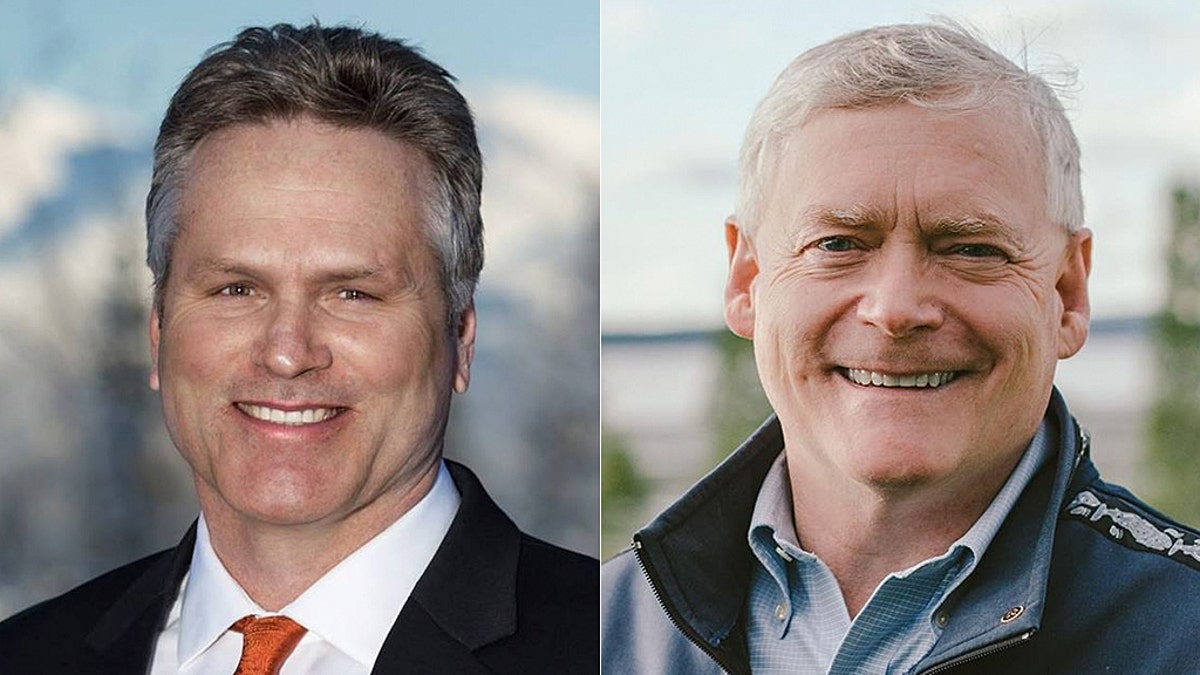
Former state Sen. Mike Dunleavy and former Alaska Lt. Gov. Mead Treadwell are leading the Republicans vying for the gubernatorial nomination. (Photos courtesy of their campaigns)
Former state Sen. Mike Dunleavy and former Alaska Lt. Gov. Mead Treadwell have emerged as the leading Republican candidates for governor.
Also running are: Darin Colbry, Thomas Gordon, Gerald Heikes, Merica Hlatcu and Michael Sheldon.
Dunleavy is a former educator who worked in Alaska as a teacher, principal and superintendent. Originally from Pennsylvania, he also served in the state Senate, stepping down to announce his gubernatorial bid.
If elected, Dunleavy said he plans to tackle the growing crime rate in Alaska as well as grow the economy and work on the unemployment rate. He’s often criticized Walker’s work to change the permanent fund -- which pays dividends to Alaskans who have resided in the state for a full year and do not plan to leave -- as a way to balance the state budget.
FOX NEWS MIDTERM ELECTIONS HEADQUARTERS
“It wasn’t broken, and it didn’t’ need to be fixed,” Dunleavy told The Cordova Times.
Treadwell, on the other hand, is a businessman and the former lieutenant governor of Alaska.
He said instead of “raiding” the permanent fund, he would find other ways to save the state money.
“We haven’t run out of money, we’ve just run out of imagination,” he told The Cordova Times. “There are projects across the North Slope, Interior and coasts looking for financing, we just need a governor who is willing to pay our bills and keep our promises to investors.”
During a recent debate, Treadwell said women will still be able to find access to abortion no matter what the law is. He said he wants to “protect life” and would “help people find a way to keep their child, have the baby and support adoption.”
ALASKA DEMOCRATIC CONGRESSIONAL CANDIDATE DOESN'T LIVE IN STATE — OR PLAN TO CAMPAIGN THERE
When it comes to President Trump, Dunleavy said he thinks the president’s policies have “been great for Alaska and great for this country.” Treadwell stressed the need for the governor to be able to “work with this president.”
“What scares me to death is that if we get another Obama presidency of sorts, they’d want to reverse these things that are real economic gains that we’ve fought for a long time,” Treadwell told the Anchorage Daily News.
Dunleavy has reportedly raised the most money of the Republican candidates.
Bill Walker
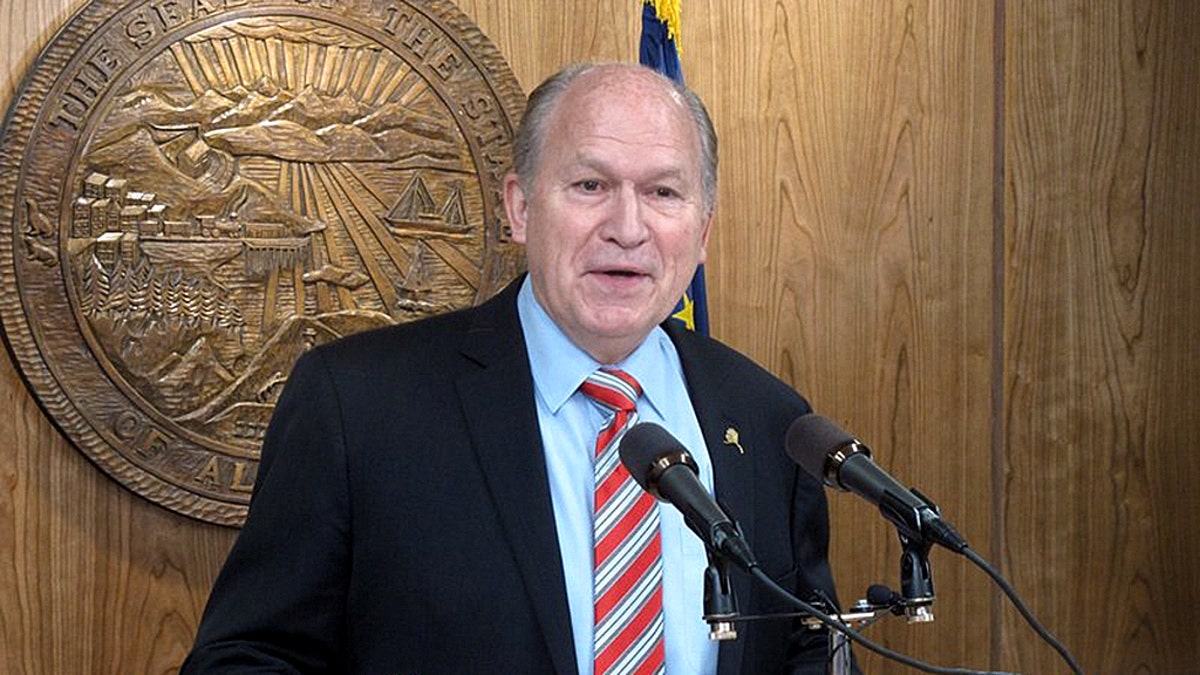
Incumbent Gov. Bill Walker, an independent, is running for re-election. (AP Photo)
Born and raised in Alaska, Gov. Bill Walker, an independent, has led the Last Frontier state since 2014.
While he initially ran in the Republican primary in the 2014 race, Walker eventually became an unaffiliated candidate in that race. He defeated incumbent GOP Gov. Sean Parnell.
Walker chose Byron Mallott in 2014 and this election to be his running mate. A Democrat, the lieutenant governor has served as the mayor of Yakutat, executive director of the Permanent Fund Corporation and as a director of the U.S. Federal Reserve Bank.
ALASKA GOVERNOR HOPES TO WIN RE-ELECTION ON UNITY TICKET
Earlier this year, Walker made changes to Alaska’s permanent fund. Among the changes, according to the Anchorage Daily News, is the ability to use investment earnings from the fund to alleviate the state’s deficit.
Mark Begich
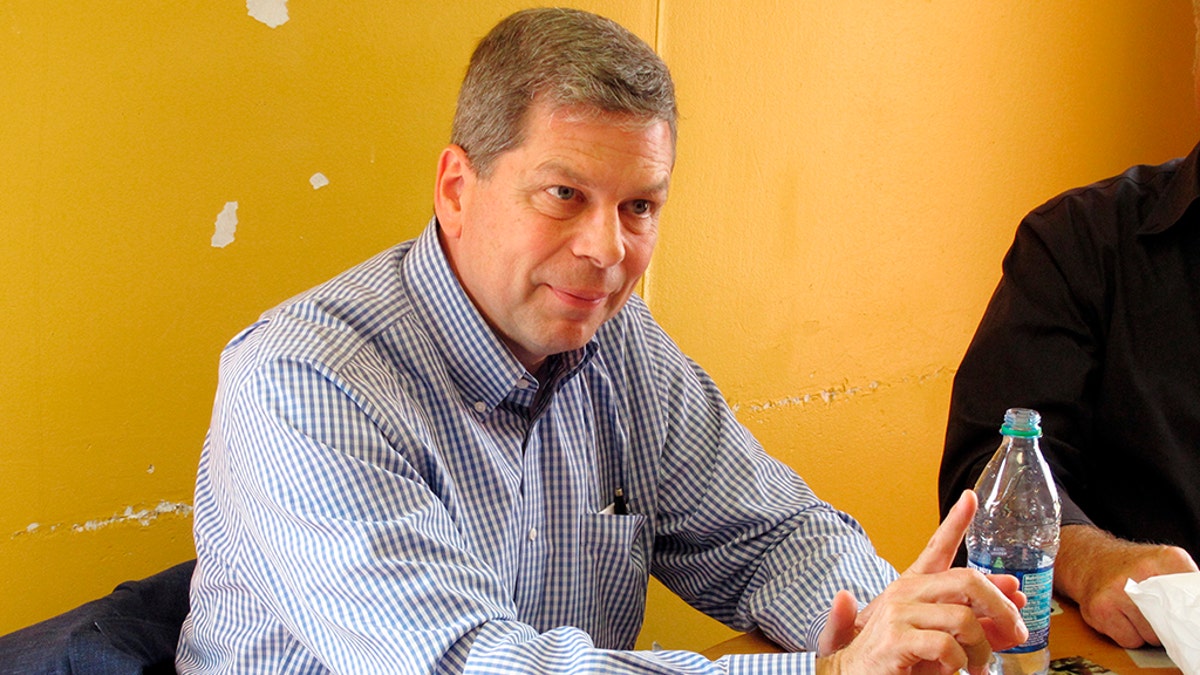
Former Sen. Mark Begich is the only Democrat running for governor in Alaska. (AP Photo)
Former Sen. Mark Begich is the lone Democrat running for governor in Alaska. He represented Alaska in the U.S. Senate from 2009 until 2015; prior to that, he was the mayor of Anchorage.
His late entrance into the gubernatorial race raised fears about the possibility that he and Walker could split the liberal votes, and a Republican could emerge victorious.
MEET RASHIDA TLAIB, WHO IS POISED TO BECOME THE FIRST MUSLIM WOMAN ELECTED TO CONGRESS
But Begich told KTVF-TV he decided to jump into the race because he “didn’t see where Alaska was going in the long term when you think of the big issues that we’re facing.”
Begich said he’s unhappy with Alaska leading the U.S. in crime rate, having some of the highest unemployment levels and ranking at the bottom of the country in terms of education.
“I thought I could bring some new ideas and fresh approach, and a little bit of innovation of how we deal with these very complex issues but also make it a place where Alaskans want to stay, live, and work and be able to stay here for the long term, not just a few years and leave,” he said.
When it comes to the permanent fund, Begich said he supports a permanent constitutional protection and has put forth a plan on his campaign website that he says “guarantees a sustainable PFD while also protecting the fund and its future from politicians down the line.”




















